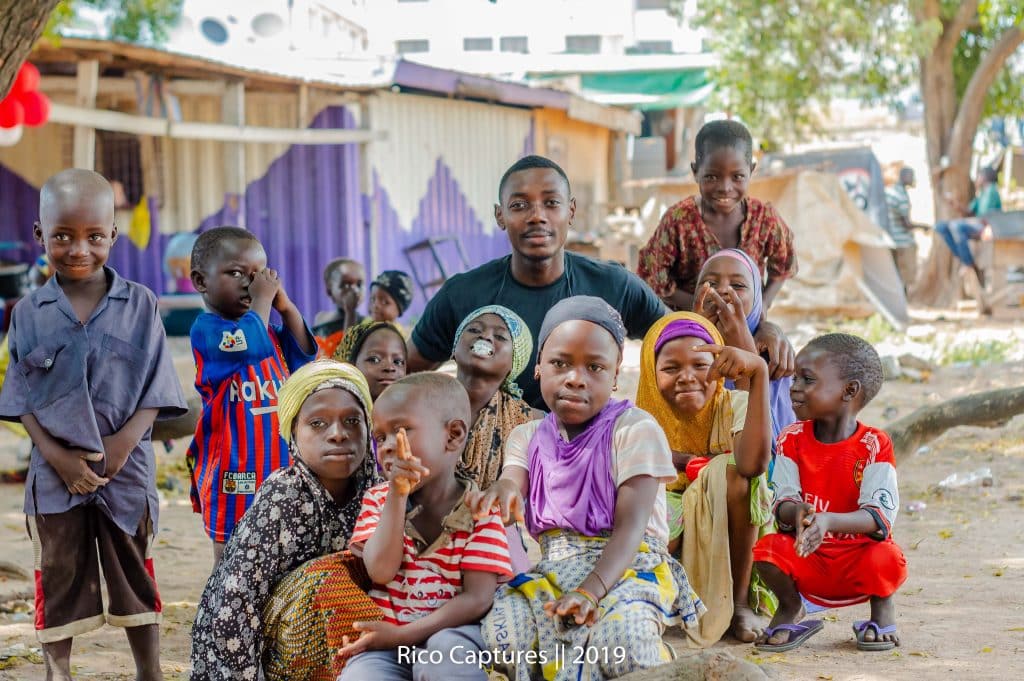According to UNICEF, millions of children worldwide are exposed to the dangers and hardships of street life. In Ghana, as in many other countries, children are driven to the streets for various reasons, such as poverty, abuse, and neglect. These children face numerous challenges, including lack of shelter, food, education, and healthcare, as well as exposure to violence and exploitation. However, with the help of various organizations and initiatives, some of these children have managed to transition from street life to a better future. This essay explores the challenges and successes of Ghanaian children in transitioning from street life.
The first and perhaps most significant challenge for street children is the lack of basic necessities, such as food and shelter. Most street children are forced to fend for themselves, often relying on begging, scavenging, or engaging in petty crimes. In many cases, they end up sleeping in open spaces, under bridges, or in abandoned buildings, with no protection from the elements or predators. This situation exposes them to various health risks, including malnutrition, dehydration, and diseases such as malaria and cholera. Furthermore, street children are often subject to abuse and violence, both from other street children and adults.
Another major challenge for street children is the lack of access to education and healthcare. Most street children have little or no access to formal education, which limits their future prospects and perpetuates the cycle of poverty. Moreover, street children are more vulnerable to health problems due to their exposure to unhygienic conditions and lack of medical care. This lack of access to education and healthcare is a significant barrier to transitioning from street life to a better future.
Furthermore, street children are often victims of exploitation and trafficking. They are forced to engage in child labor, prostitution, and other forms of exploitation to survive. This exploitation not only deprives them of their childhood but also exposes them to various risks, such as physical and sexual abuse, drug addiction, and diseases such as HIV/AIDS. Moreover, street children are often stigmatized and discriminated against, which further limits their opportunities for rehabilitation and reintegration into society.
Despite these challenges, there have been several successes in helping Ghanaian children transition from street life to a better future. Various organizations and initiatives have been established to provide shelter, education, healthcare, and vocational training to street children. For instance, the Street Academy, established in 2002, provides basic education, life skills, and vocational training to street children in Accra. The school has helped hundreds of children transition from street life to a more stable and productive future. Additionally, the Department of Social Welfare, in collaboration with NGOs and other stakeholders, has implemented several programs aimed at rehabilitating and reintegrating street children into their families and communities.
Moreover, some former street children have become advocates for street children’s rights and voices. For instance, Mohammed Fuseini, a former street child, has become a spokesperson for street children’s rights in Ghana. Fuseini has been actively involved in advocating for better policies and interventions to support street children and has inspired many other street children to strive for a better future.
In conclusion, transitioning from street life is a daunting task for Ghanaian children. They face numerous challenges, including lack of basic necessities, access to education and healthcare, exposure to violence and exploitation, and stigma and discrimination. However, with the help of various organizations and initiatives, some of these children have managed to transition to a better future. Providing shelter, education, healthcare, vocational training, and other forms of support to street children is crucial to breaking the cycle of poverty and exploitation. Moreover, empowering former street children to become advocates and voices for street children’s rights can inspire and motivate others to strive for a better future.








